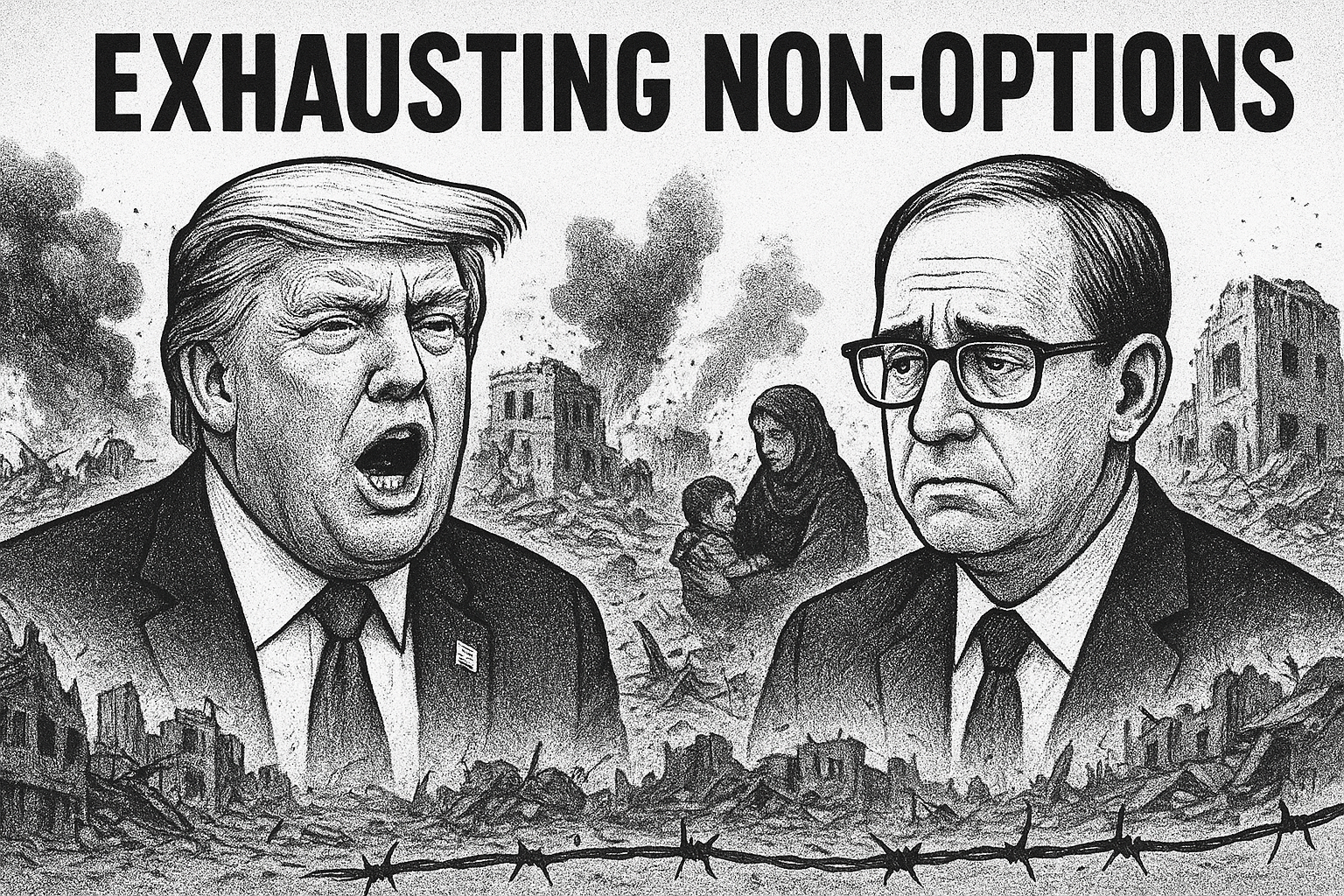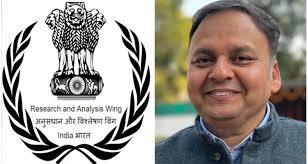Khurram Khan

The attack in Pahalgam in the IIOJ&K targeting civilian tourists has once again brought nuclear armed neighbours to the precipice. The Indian media lost no time in accusing Pakistan of being behind the attack. The retaliatory measures taken by the Indian government like suspension of Indus Water Treaty left no one in doubt that it considered Pakistan as the mastermind of the attack.
Pakistan government officials and media dubbed the killings as a “false flag operation” as a cause belli to defame Pakistan and also to indulge in “water terrorism against her by holding IWT in abeyance. The Pakistan government sent a strong message of declaration of war if India undertook any adventure militarily.
The Indian Prime Minister Modi addressing an election meeting in Bihar declared to track and punish the terrorists and their “backers”. Such inflammatory messaging raised the temperature. Pakistani media and senior officials warned India of befitting reply in the event it carried out its threats.
Situation is grim. However, both the countries as this newspaper rightly observed do not need a conflagration that would be disastrous for both of them. The UN Secretary General has called for restraint from both the states.
It is indeed a fact that the world has unanimously condemned the Pahalgam killings including China. Pakistan expressed concern over loss of lives and offered condolences to the deceased and wished early recovery to the injured.
Kashmir has been a long standing dispute that has marred relations between the two countries. Pakistan’s stated policy is that the future of Kashmir is to be determined through fair plebiscite according to the UN Security Council resolutions. Pakistan’s public policy on the matter is that it vows to continue diplomatic and political support to the right of self determination of the Kashmiri people.
The policy declaration is in line with the pacific resolution of the UN Security Council under Chapter VI. However, Pakistan has tried military options at least twice to force India to come to terms resolving the Kashmir dispute – 1965 Operational Gibraltar and 1999 Kargil. On both the occasions Pakistan beat a hasty retreat in the face of Indian military response.
It remained all quiet on Kashmir front throughout the period when Pakistan remained embroiled in Afghan War against the Soviets. Though relations between India and Pakistan remained tense due to the Khalistan Movement during that period. In 1987, the pro-Pakistan/pro-independence Islamist elements in IIOJ&K (then Indian held Kashmir) formed a political alliance Muslim United Front to test the electoral path for emancipation of aspirations of the Kashmiri people. The rigging in the state assembly elections dampened the hopes of the Kashmiri people for a peaceful struggle for their rights.
Thereafter, these groups bid farewell to the political struggle and an armed insurrection started in 1989 that is continuing unabated till today. Not a day passes when the Indian government does not claim of killing and arresting of militants in IIOJ&K. Sporadic armed clashes between militants and Indian forces at regular intervals causing casualties on both the sides are reported by the India media.
India has been accusing Pakistan of sustaining the militants and alleged cross border infiltration by Pakistani Jihadists. The 1999 Kargil misadventure is cited as involvement of Pakistani troops. It also accused Pakistani involvement in Pathankot, Uri and Pulwama incidents. The last one saw airforce of both the countries in action as India launched an air strike inside Pakistan at Balakot and another Indian Airforce infiltration thwarted with downing of two warplanes by Pakistan Airforce. One warplane fell inside AJK and its pilot Abhinandan was arrested and later released by Pakistan as a goodwill gesture.
The Indian belligerent statements after Pahalgam suggest that a calculated response by both India and Pakistan may be in the offing under the watch of big powers that does not cause much harm as in the aftermath of Pulwama.
India would use scrapping of IWT to throttle Pakistan’s economy. It may respond through its militant proxies active in KPK Tribal Districts and Baluchistan.
Pakistan is opposed to all forms and manifestations of terrorism. In a welcome gesture the Prime Minister Shahbaz Sharif has offered a full probe into the incident. India has rejected the offer that shows immaturity.
Pakistan should stick to the pacific resolution of the Kashmir dispute that is its long standing stance. It should highlight the Indian atrocities in the IIOJ&K and draw attention of the world community on the human rights and democratic rights of the people of Kashmir.
Pakistan must distance itself from the violence especially targeting civilians. The question that no one has deemed to raise is why the indigenous militants choose to target civilians after determining their faith. Is it the fallout of the BJP government’s policy of changing the demography of the valley? Or are there other motives? The analysts in the government and think tanks must mull over this question.
The author is former Joint Director General, Intelligence Bureau, Govt of Pakistan. This article was written on April 24, 2025.


